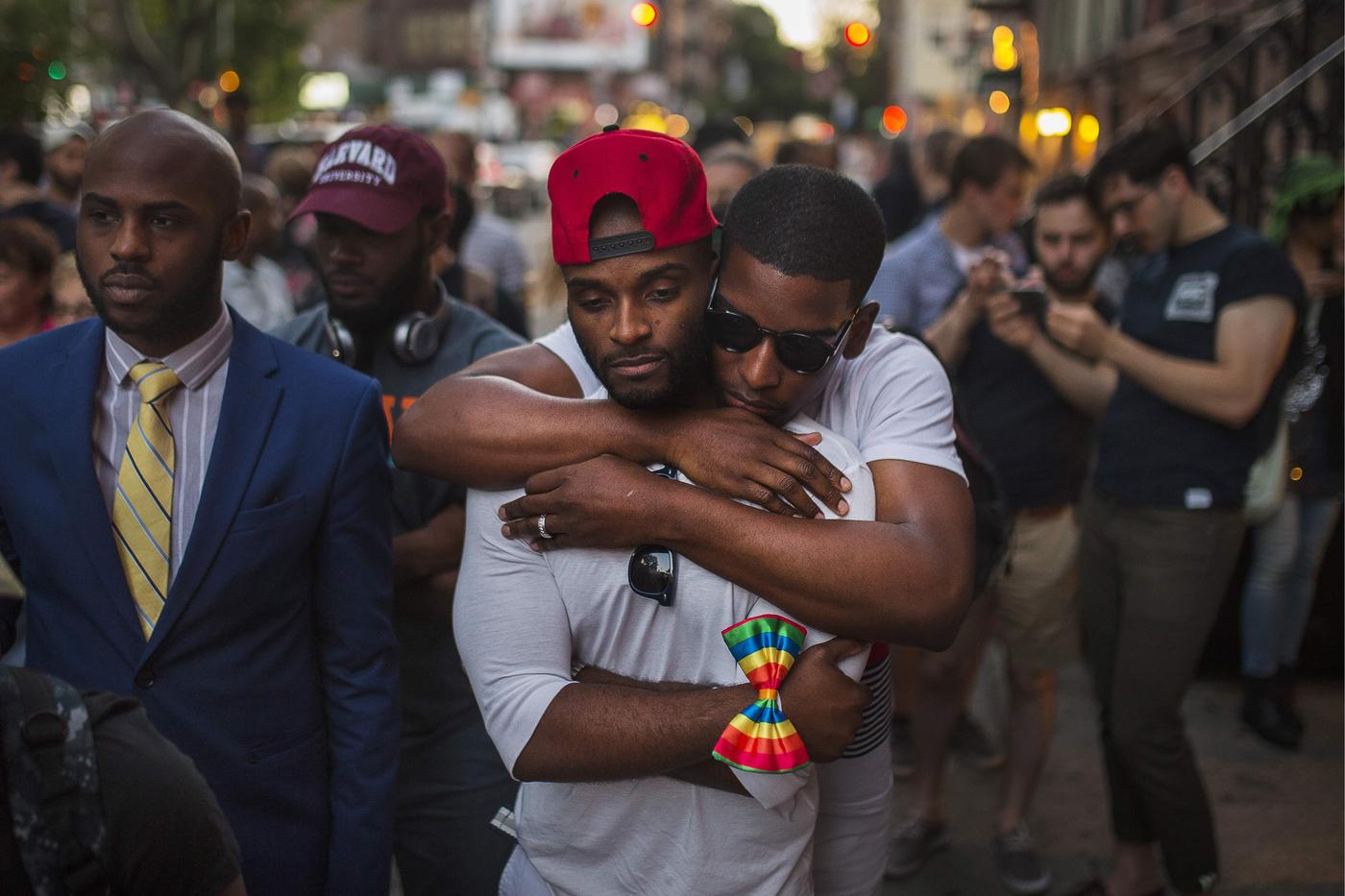According to The Washington Times, Governor John Rankin signed the Domestic Partnership Act into law on Wednesday, a policy that reversed all rights of same-sex marriage in the country.
While couples can still enter into a domestic partnership, which gives them similar rights, the act will not legally be considered a marriage.
According to NPR, same-sex couples that married during the window of legalization will continue to be recognized as married under the new law.
In a statement, the governor’s office said, “The Act is intended to strike a fair balance between two irreconcilable groups in Bermuda, by restating that marriage must be between a male and a female, while at the same time recognizing and protecting the rights of same-sex couples.”
A 2016 referendum found nearly 69 percent of Bermudians oppose same-sex marriage.
An article from NY Daily News reminded readers that Rankin, the governor, was not elected by the people of Bermuda; in addition, their prime minister, Edward David Burt, is a British diplomat.
The move to repeal same-sex marriage was condemned by LGBTQ-focused Human Rights Campaign, who said the decision “unconscionably ripped away the right of loving same-sex couples in Bermuda to marry.”
The Bermuda Tourism Authority also warned lawmakers that the repeal could affect the number of tourists that come to the island, referencing the economic impact North Carolina faced after passing the “transgender bathroom bill.”
After North Carolina passed the bill, the NCAA, among others, refused to allow any March Madness games occur within the state, which alone had economic reverberations that discouraged other states from passing similar legislation.
When it comes to economic fallout, even conservative business leaders have been known to go along with more liberal policies.
Opponents of the repeal have said they may challenge the law in court.
The British government may have been able to block the law from being enacted, but chose not to. Foreign Minister Harriet Baldwin said that blocking legislation should only happen in “exceptional circumstances.”
Prime Minister Theresa May said she was highly disappointed in the decision, but wants to respect their right to democratic self-government.
The islands originally became a British colony in 1707, though they regained much of their political autonomy in the 20th century.
A lot of MPs on all sides have criticized the decision and called it a backward step.

















